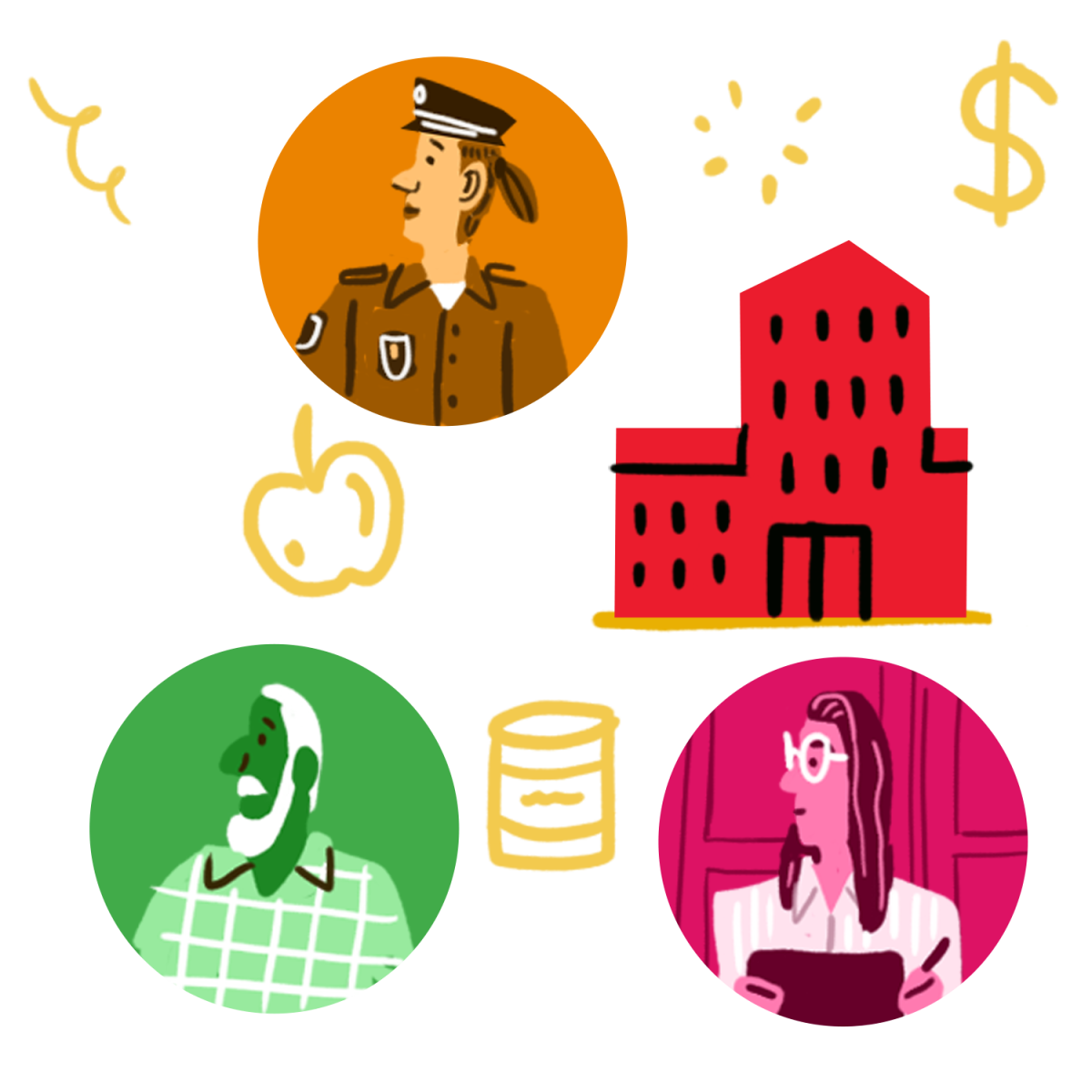Poverty
![]()
![]()
![]()
![]()
Extreme Poverty and Human Rights Violations:
The Vulnerability to Violence

Extreme poverty, although not a direct cause of violence, contributes significantly to human rights violations. The strains created by poverty on families, caregivers, and communities exacerbate the risk of violence, abuse, and exploitation, particularly among children. Lack of meeting basic needs leaves children vulnerable to perpetrators of violence. Extreme poverty, characterized by the absence of essential resources like food, shelter, healthcare, and education, creates a precarious environment. The resulting stresses on families and communities’ foster conditions conducive to violence, abuse, and exploitation.
Children in extreme poverty are highly susceptible to exploitation and violence. Their dependence on caregivers, coupled with the lack of protective resources, makes them easy targets for perpetrators. They face risks such as child marriage, child labor, trafficking, smuggling, and recruitment into criminal gangs, violating their rights and perpetuating cycles of violence. Alleviating extreme poverty is crucial in reducing human rights violations and violence. Implementing poverty alleviation measures and ensuring access to essential services create a safer environment. Simultaneously, promoting and safeguarding human rights, especially for children, is essential to break the cycle of violence and injustice caused by poverty. Extreme poverty contributes significantly to human rights violations, particularly among vulnerable children. The stresses induced by poverty increase the risk of violence, abuse, and exploitation. Addressing the root causes through poverty alleviation and human rights promotion is crucial for creating a just and secure society.


